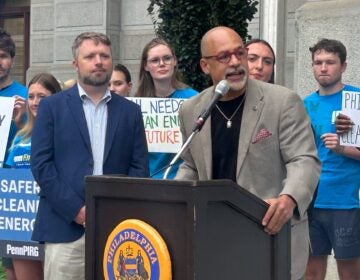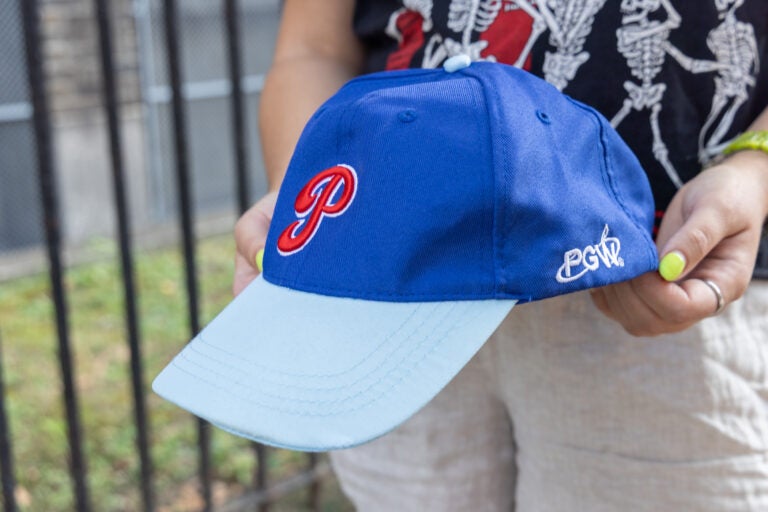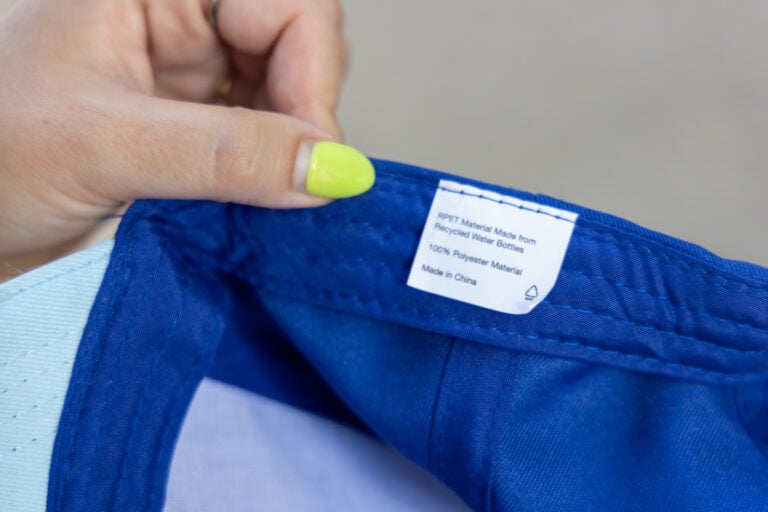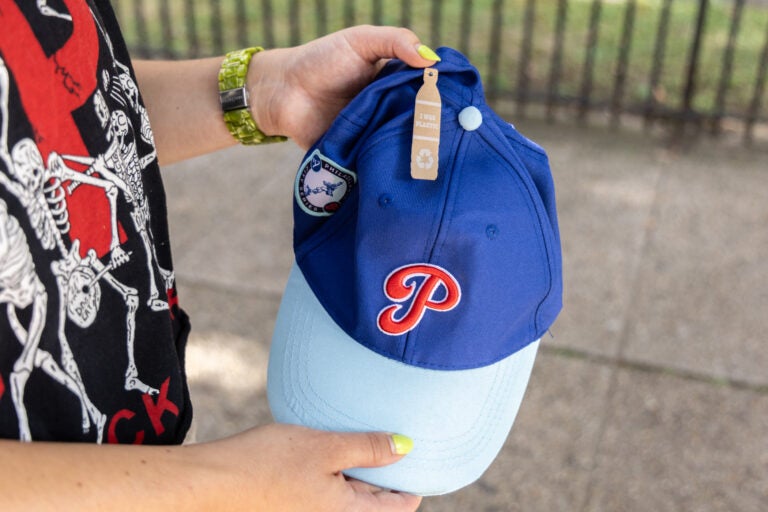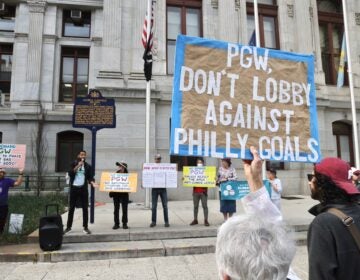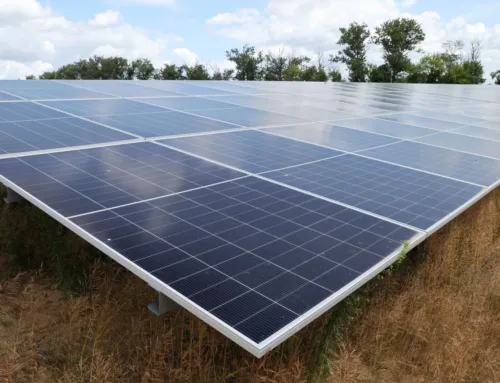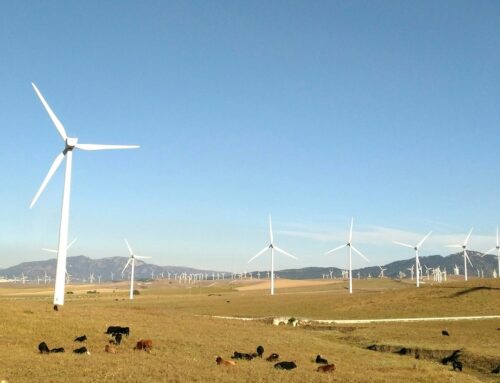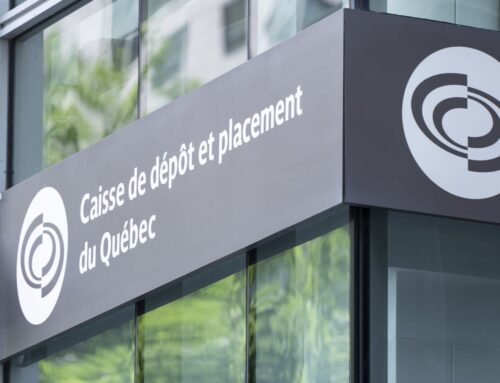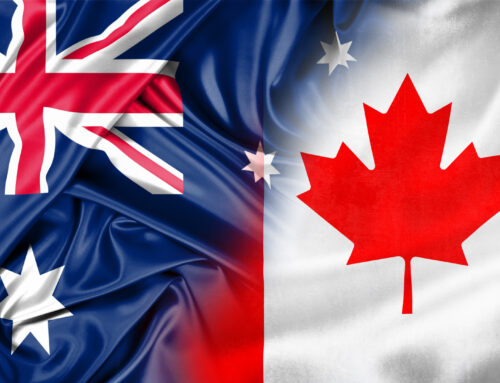PGW spends millions to promote natural gas as ‘clean’ energy
September 22, 2025
This story is part of the WHYY News Climate Desk, bringing you news and solutions for our changing region.
From the Poconos to the Jersey Shore to the mouth of the Delaware Bay, what do you want to know about climate change? What would you like us to cover? Get in touch.
On a recent Sunday at Citizen’s Bank Park, ushers gave Phillies fans a free “sustainable” baseball cap, courtesy of Philadelphia Gas Works.
The city-owned utility’s logo was on the side of the hat, and inside, a tag shaped like a plastic water bottle had a recycling symbol with a message that read, “I was plastic.”
During Eagles’ game-day radio broadcasts, PGW also promotes what it calls “clean” natural gas.
“PGW. Safely delivering clean, natural energy to Philadelphia homes and businesses. Visit pgworks.com for details,” WIP play-by-play announcer Merrill Reese periodically intones during the game.
PGW also advertises natural gas, which is a climate-warming fossil fuel, as “clean,” on billboards, bus shelters and jumbotrons.
“Moving clean energy forward for your business,’’ the utility boasts.
All of these promotions, which cost $4.2 million over a 14-month period ending in November 2024, are paid for by PGW ratepayers, utility records show.
That bothers Shawn Hogan of Fishtown, a sustainability project manager at the Philly architectural firm Re:Vision, who has a PGW hat from last year’s Phillies game promotion. Hogan said she rolls her eyes when the utility’s messages flash across the jumbotron at ballgames.
“I am annoyed that what I pay to PGW to bring gas into my home to cook and heat my home, pays for pretty extravagant marketing campaigns,” Hogan told WHYY News. “The question is: Why is a company that has no competition, why do they have to market at all?”
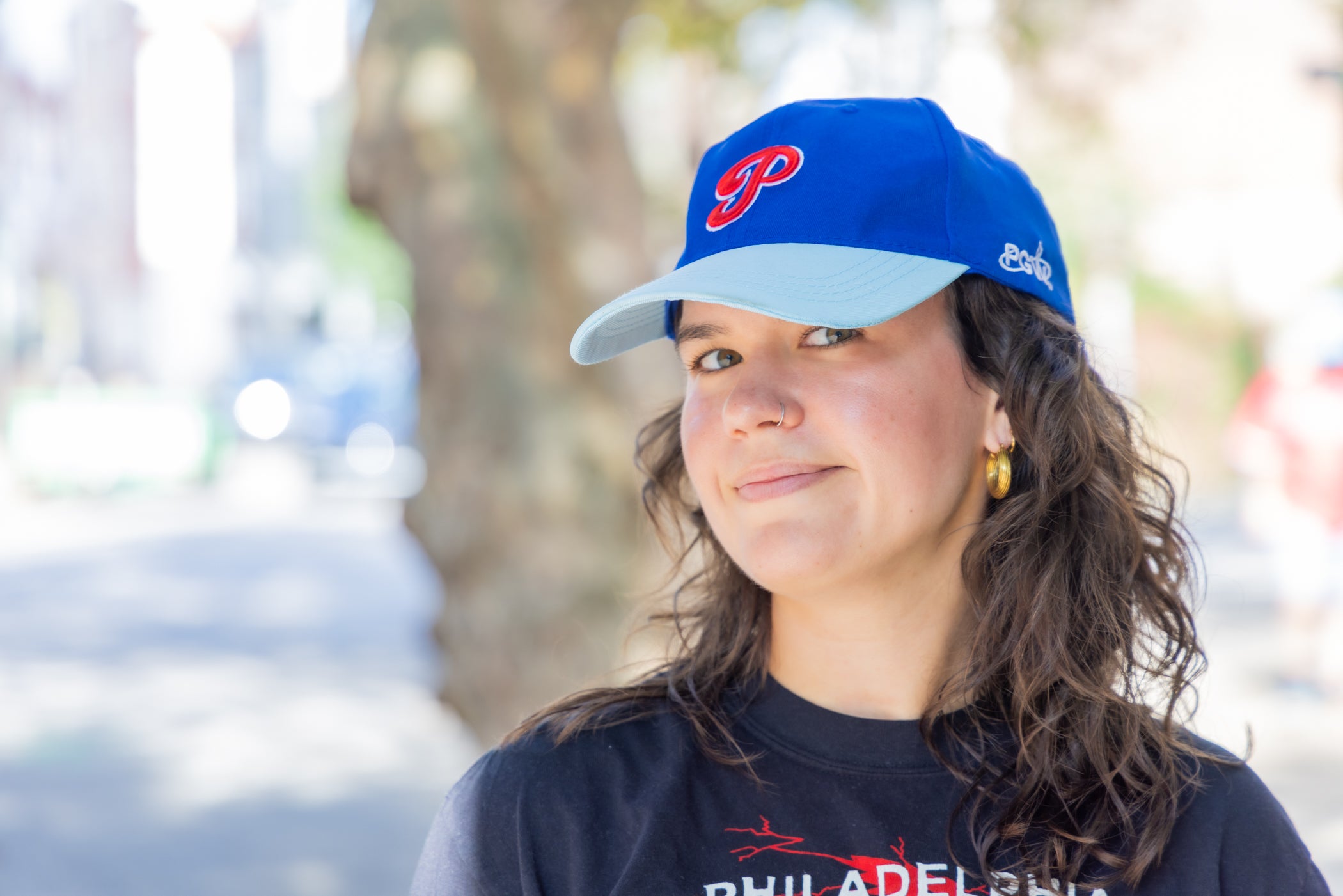
PGW is conducting marketing campaigns on behalf of natural gas as some cities and states have enacted policies that encourage electrification or ban natural gas hook-ups on new construction. Also, some customers have voluntarily switched from natural gas to electricity, which if that becomes more widespread, could potentially threaten the business model for natural gas companies.
Hogan said she believes PGW’s ads and game giveaways are part of a “greenwashing” campaign, where a company or public entity provides misleading information, intentionally or not, about the environmental benefits of its product or actions that don’t match up with the facts.
“They want to make sure that the public generally does not see their product as harmful to the environment, contributing to climate change [and] harmful to their health, because they don’t want them to vote for politicians or support legislation or support regulation that would curb their ability to sell natural gas into the indefinite future,” she said.
Hogan said she’d like to see the utility put more resources toward geothermal energy. PGW is conducting a geothermal pilot project at a school and recreation center in Northwest Philadelphia.
When asked by WHYY News about its promotional campaign, its costs and its purpose, PGW spokesman Dan Gross said in an email that, “like all companies, both for profit and nonprofit, PGW works to broaden its base of users. This growth is critical to lowering the costs of our residential customers, including many struggling to afford the cost of energy.”
Thirty-six invoices obtained through a Right-to-Know request filed by a utility watchdog show PGW spent more than $4.2 million on promotional campaigns from September 2023 through November 2024.
Federal rules require utilities like PGW to spend marketing dollars to run safety ads, for example those that instruct residents to call an emergency hotline should they smell gas. The Pennsylvania Utility Code allows utilities to run ads that “provide a direct benefit to ratepayers,” “encourages energy independence” or is “for the promotion of community service or economic development,” among other things.
While Gross said in an email that the ads promote safety, financial assistance for low-income ratepayers, rebates for energy-efficient appliances or the utility’s Parts and Labor Plan, many of the ads designated “safety program” and obtained through the same Right-to-Know do not. The ad that touted fossil fuel as “clean, natural energy” that aired during Eagles games was included in that program.
Others include both messages, like an ad that records show ran during Phillies games in 2023 and 2024.
“At PGW, delivering clean, reliable natural gas to Philadelphia homes and businesses safely is our top priority. If you smell gas, call 215-235-1212. PGW. Fueling the Future,” the ad said.
Others are solely safety messages.
Detailed accounting for how the $4.2 million were allocated for different ads was not included in the documents, nor did PGW provide that information.
A spokesperson for the Pennsylvania Public Utility Commission said any challenges to how a utility plans to use ratepayer dollars could come up during ratemaking cases. But there were no challenges to the utility’s ad campaigns or marketing dollars in PGW’s current ratemaking case, which has a pending settlement among the parties.
Are PGW promotional campaigns ‘greenwashing?’
Sarah Light, a professor of legal studies and business ethics at the University of Pennsylvania’s Wharton School, said PGW’s promotions can be viewed as either greenwashing or legitimate public outreach.
Light said greenwashing is not a legal term, and exists along a continuum, with some obvious cases and some where reasonable people would disagree. In the case of the “sustainable” PGW baseball cap, she sees two potential points of view.
“I’m sure that there are many people who would consider the sustainable hats at the Phillies game to be greenwashing on the basis that this is a utility that provides natural gas, which is a fossil fuel, and so by providing these hats, it’s attempting to create an image that is greener than is warranted by the facts,” Light said. “There are others who would not consider it greenwashing and instead would say, ‘We all know it’s a fossil fuel company, they’re giving out hats, they’re trying to do it in the best way possible.’ They’re accurately describing that these hats are made from some kind of recycled content. And you know, no one is fooled that somehow this isn’t a fossil fuel company because they gave out recycled hats.”
Light said litigation around greenwashing campaigns has increased over the last several years, and the results have been mixed.
“In a few cases, courts have said this is misleading, it violates consumer protection, state law,” Light said. “And in other cases, the courts have said these statements are relatively vague and they’re not gonna fool anyone about the real nature of the company’s business.”
Legislation to prohibit greenwashing in Pennsylvania has been introduced by state Rep. Chris Rabb, D-Philadelphia, by amending the state’s Unfair Labor and Consumer Protection Law.
“As we increasingly experience the drastic effects of our warming climate, such as more intense storms, floods, droughts and wildfires, the last thing Pennsylvania consumers need is to be lied to as they try to make informed purchasing decisions,” Rabb said in a statement announcing the bill last year.
PGW spokesman Gross had no comment on claims that the utility engages in greenwashing.
He directed a reporter to the utility’s recent Greenhouse Gas Emissions Reduction Report.
According to the report, PGW has a goal to cut its carbon emissions 80% by 2050 based on 2011 levels, adding that the utility is well on its way to reaching its goals. The main source of its climate-warming emissions, the report said, are leaking pipes. In the most recent greenhouse gas emissions report available on the utility’s website, PGW’s direct emissions totaled 313,878 metric tons of carbon dioxide equivalent in 2022. That’s roughly equal to the annual impact of 73,000 gas-powered vehicles. In 2024, PGW reduced its emissions by 6,642 metric tons of carbon dioxide equivalent through its pipeline replacement program, equal to the yearly emissions of about 1,500 passenger cars.
Millions spent on promotional ads
The utility has been trying to gain new customers, including switching some business customers off of the city’s steam loop and onto newly installed gas lines.
In materials filed for the recent ratemaking case, PGW explained how it maintains and tries to expand its customer base.
“PGWs Marketing Department actively pursues all new business opportunities, including but not limited to residential, commercial and industrial sectors. Sales Representatives are tasked with annual sales goals, achieved via the acquisition of new customers and the expansion of an existing customer’s volumetric demand,” reads the document. “The Department actively participates in trade ally organizations with the intent to understand emerging technology and leverage our peers’ best practices. In addition, the department facilitates customer seminars where new and existing customers are presented with customer testimonials, proof of concepts, and the opportunity to network with customers who have adopted emerging natural gas technologies.”
Also, in the rate case filing, PGW did identify competition from the electrical utilities and the steam loop, operated by Vicinity Energy. Vicinity’s Gray’s Ferry plant uses natural gas to generate steam, which is sent through an underground system of pipes to heat commercial buildings in Center City and West Philadelphia.
The Right-to-Know documents obtained by The Energy Policy Institute, an environmental nonprofit organization that tracks utility spending and advocates for renewable energy, includes invoices from PGW’s marketing contractor AVC Media Group. Those documents show the spending and examples of the ads, but do not break down spending by specific campaign or effort.
“That being said, we know that this is an amount totaling millions of dollars every year,” said Gabriel Straus, a current fellow with EPI.
The invoices and emails obtained through the Right-to-Know documents show funds spent on billboards, radio ads and bus stop ads.
Straus said the brand promoting campaigns, including the free Phillies hats, “smacks of greenwashing.”
“The city of Philadelphia has a statutory target of reaching net zero emissions sometime in the next few decades, and the existence of PGW as a municipally-owned fossil fuel utility is inconsistent with that,” Straus said. “This greenwashing effort seems to me to be aimed at securing their license to operate as a natural gas utility and for staving off any potential attempts to regulate the use of methane gas.”
An email also obtained through the Right-to-Know documents sheds some light on the campaign’s target audience.
In March 2024, when the ad company, AVC, sought approval to place a “Fueling the Future” ad with the Phillies that summer, PGW’s chief of staff and senior vice president Melanie McCottry responded with the question: “How is fueling the future connected with sports?”
AVC replied that sports are “one of the best places to hit white collar workers, families with college education, management in companies and small business owners.”
It’s not unusual for companies to promote products at sports events, but the issue for people like Hogan, who wants to see a transition to renewable energy, is whether a city-owned utility should be using ratepayer dollars to do so.
“PGW is publicly owned, it should serve the people, and make sure that our homes are warm in the winter,” Hogan said. “But in this case, the goal of these ads is to make it so you don’t demand a true renewable energy future where we’re not relying on fossil fuels.”

Get daily updates from WHYY News!
WHYY is your source for fact-based, in-depth journalism and information. As a nonprofit organization, we rely on financial support from readers like you. Please give today.
Search
RECENT PRESS RELEASES
Related Post
